Of the understanding is the ability of a person to think analytically, to consciously perceive and judge his environment. Understanding always goes hand in hand with reason.
What is the mind?

Philosophers have been grappling with the subject of understanding since ancient times. Reasonable people are able to think analytically, to be aware of their environment and to assess and classify the associated processes and make rational decisions.
Mind is also closely related to the concept of reason. In the fourth century BC, Aristotle defined understanding as "the faculty of conceptual and inferential thinking". The modern philosophy with Immanuel Kant defines understanding as the "ability of concept formation". Medically and psychologically, the mind is the thinking power of a person who is able to put his intelligence above the natural driving force. Through analytical thinking and the ability to understand, he knows the meaning of concepts and words and has a strong imagination.
Function & task
The term mind is also related to the term homo sapiens, which means something like "rational person". The mind is often contrasted with reason, because people with a well-developed mind usually also react sensibly and make rational decisions.
Understanding means "to understand, to form concepts, to draw conclusions, to judge and to think". People have common sense when they are able to understand causal relationships and think logically and complexly. The prerequisite for this process is to recognize the "principle of cause and effect" and to understand processes logically and to implement them dialectically.
Other pillars of the mind are intellect, flexibility and creativity. People with understanding have the ability to absorb and judge intellectual and sensual content. This includes reason as a higher cognitive faculty, which does not refer to the knowledge of a single context, but to several contexts. Logic is the doctrine of consistency, where pure logic includes the doctrine of “concept, judgment and conclusion”, while applied logic is the doctrine of “definition, proof and method”. There is also the reactive mind, which is based on a stimulus-response basis. This part of the mind is not consciously controlled, but rather executes a targeted response to a special stimulus. The reactive mind is not under the volitional control of man, who exercises command over the consciousness. However, the mind is not a part of the human being that acts alone, but is closely connected with body and soul.
The human behavior is not only controlled by the intellect, but also by feelings, because only in this way is it possible to make complex decisions based on intuitive experience through rational thinking.
The mind and with it reason are located in the frontal lobe. When a person thinks rationally about a problem, illuminates the advantages and disadvantages and comes to a decision on this basis, he uses the frontal frontal cortex, which is known as the prefrontal cortex.
The interconnection of the frontal cortex and the limbic system shows how closely intellect, reason and emotions are connected. The limbic system is responsible for controlling emotions. In the past, brain research assumed that people always make their decisions rationally according to the principle of cost and benefit and try to achieve maximum profit for themselves. However, recent research concludes that the influence of the prefrontal cortex on the human mind has been overrated. It is now clear that people also make decisions based on emotions, without thinking about probabilities and benefits. Affective actions are based on a strong emotional state and are not taken rationally and sensibly. These decisions based on feelings are made by the limbic system of the brain, whereby physiological signals and the context of the situation are coordinated.
The core area of the limbic system is the amygdala. It recognizes situations that are disadvantageous for people, for example associated with dangers, and protects them from wrong decisions. In this situation, people often make decisions that are not controlled by the rational mind but by emotions and affect actions. The amygdala also includes the reward system. The nucleus accumbens stirs itself in a situation that people perceive as positive, while the insular cortex occurs in a situation that is perceived as negative. This part of the brain is always excited when a person perceives something to be unfair and disadvantageous for him.
You can find your medication here
➔ Medicines against memory disorders and forgetfulnessIllnesses & ailments
Numerous diseases are also associated with the mind. The diseases that most affect the ability to think analytically, formulate concepts, judge, and make decisions are dementia and Alzheimer's, which occur in many people at an advanced age. The affected people have memory disorders, their brain is no longer able to absorb, process and store information. This brain disease is associated not only with memory disorders, but mostly also with behavioral disorders. The patients can no longer cope with important, everyday tasks alone and are dependent on the help of other people. They often become a need for care.
Other diseases that can affect the mind include depression, neuroses, perceptions, and obsessions. The affected people can be restricted in their rational and emotional thinking to such an extent that their daily life is significantly restricted and medical therapy is absolutely necessary to restore the normal state or at least to alleviate the symptoms.



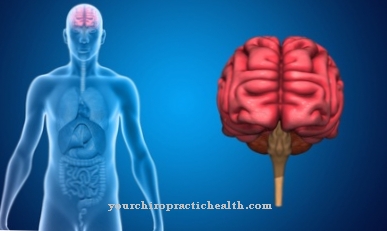







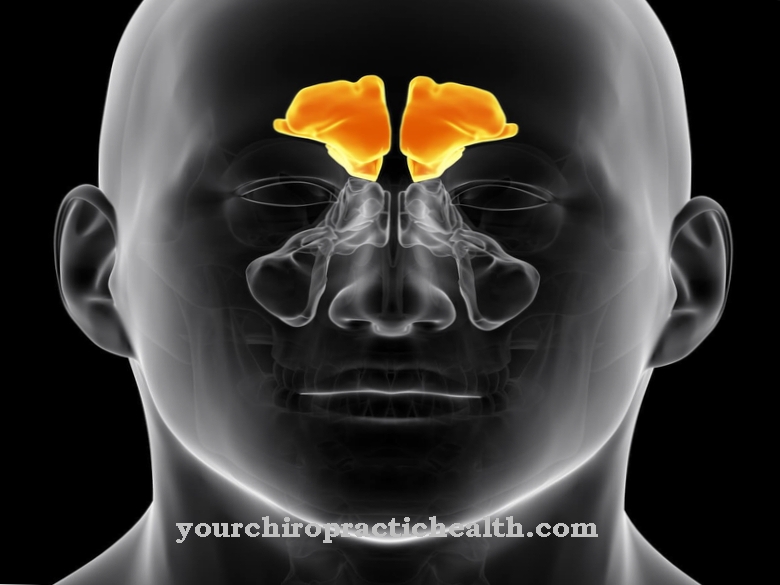

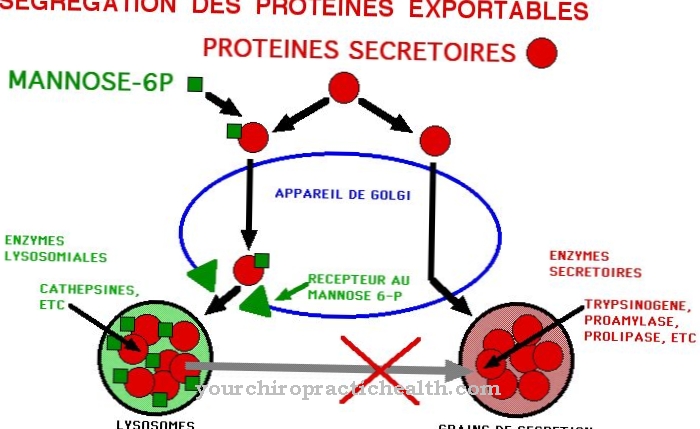





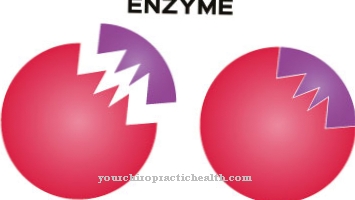


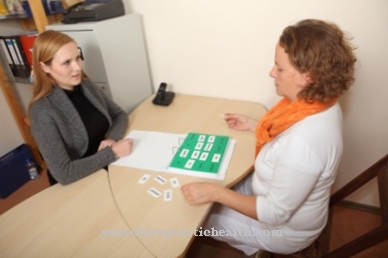

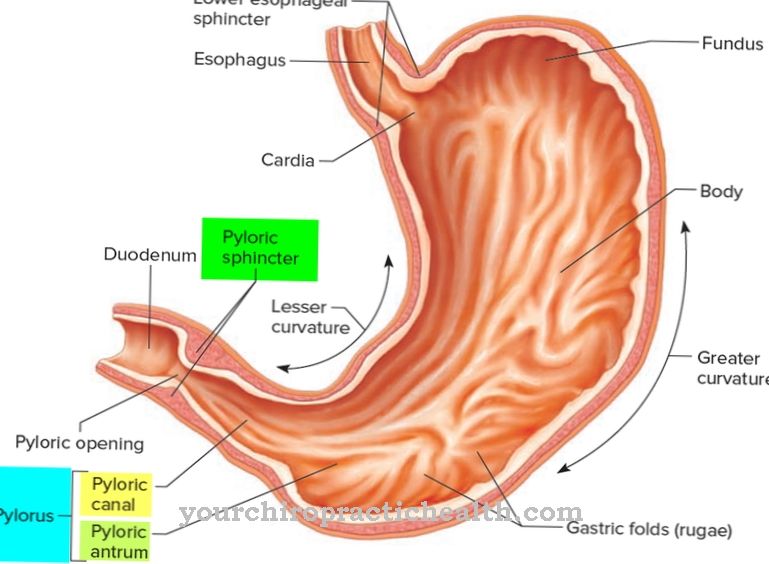

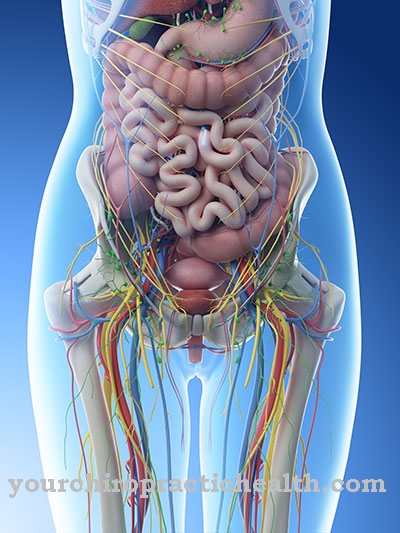

.jpg)